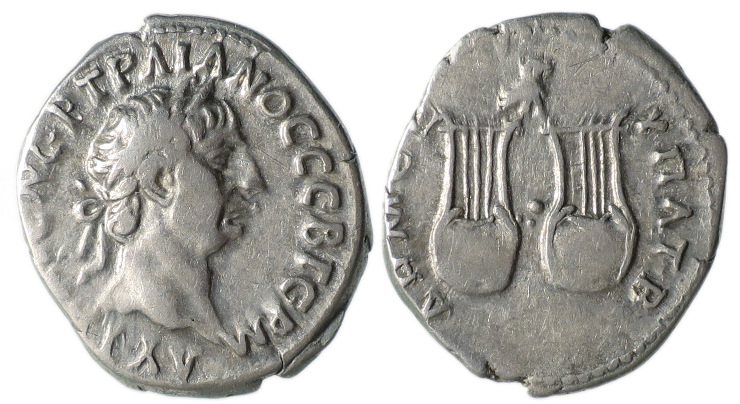Daniel in the Lion's Den
Learn about tax collectors and why Jesus hung out with them. Also learn how Judaism relates to the story.

Feeding the pigs
The prodigal son's family was almost certainly Jewish. In Judaism, pigs are considered unclean animals. That means that if you touched a dead pig, you were considered unclean and could not enter into the temple complex until you had gone through some rituals to purify yourself. Eating pigs was strictly forbidden. To have a job feeding pigs would have been considered about as undesirable a job as could be imagined for the prodigal son.
The prodigal son was hungry enough to eat what the pigs were eating, carob pods. Carob pods, while nutritious, were mostly used as food for livestock.

Who were the tax collectors?

Ancientcointraders, CC BY-SA 4.0 <https://creativecommons.org/licenses/by-sa/4.0>, via Wikimedia Commons
Discussion Questions
Some of the religious leaders were criticizing Jesus for hanging out with tax collectors. If Jesus was moral, why would he hang out with immoral people? Jesus is telling the story of the prodigal son story to answer that question.
So, what's the answer? Why was Jesus hanging out with the tax collectors?
Game #1 - Tax Collecting
For this activity, you will need 50-100 coins and a six-sided die. If you don't have coins, use something else--be creative. This game needs at least three people. More is better.
SETUP: Choose one person to be the king or queen. Choose one person to be the tax collector. Everyone else is a worker.
The king or queen starts with 5 coins. The tax collector starts with 3 coins. The workers start with 2 coins.
PLAY: Each turn represents a day of work. Every worker earns one coin. Then the tax collector rolls the die and does what it says:
Roll a 1: It's time for the king or queen to have their money. The tax collector gives the queen or king half their money (rounded down).
Roll a 2: It's a religious holiday. Every worker gets to take another coin.
Roll a 3: The tax collector taxes everyone. Every worker must give the tax collector a coin.
Roll a 4: The tax collector taxes everyone. Every worker must give the tax collector two coins.
Roll a 5: The king or queen needs to give food to the army. The king or queen rolls a die. They must return that many coins back to the pile of coins.
Roll a 6: The king or queen must build a road. They must return two coins back to the pile of coins.
If you can't pay everything, don't worry. Just pay as much as you can.
WINNER: Play until you run out of coins to take or ten minutes has gone by, whichever happens first. Whoever has the most coins is the winner!
Discussion Question: What did you learn from this game?